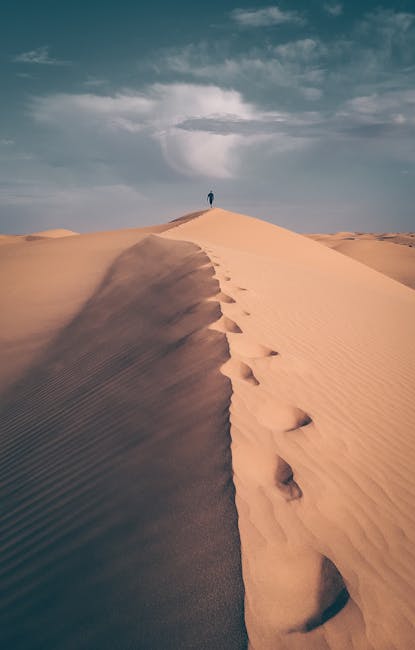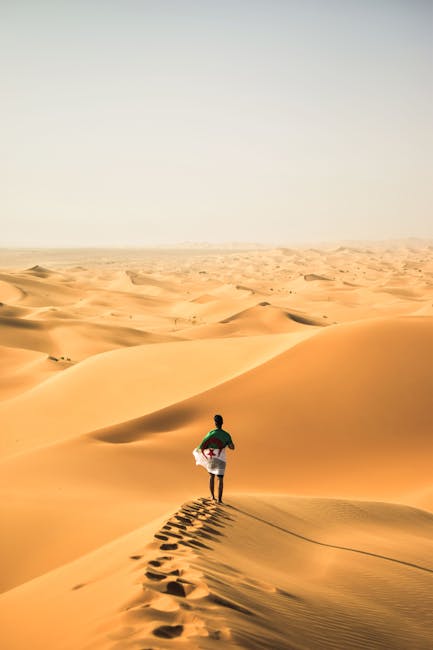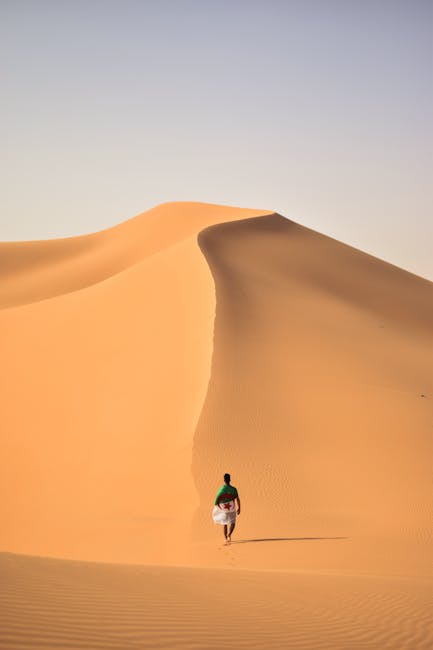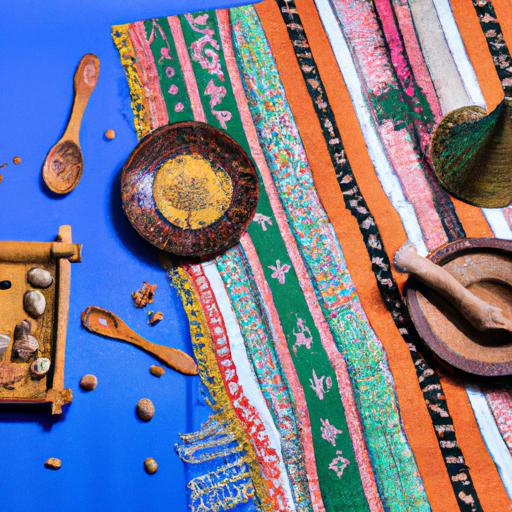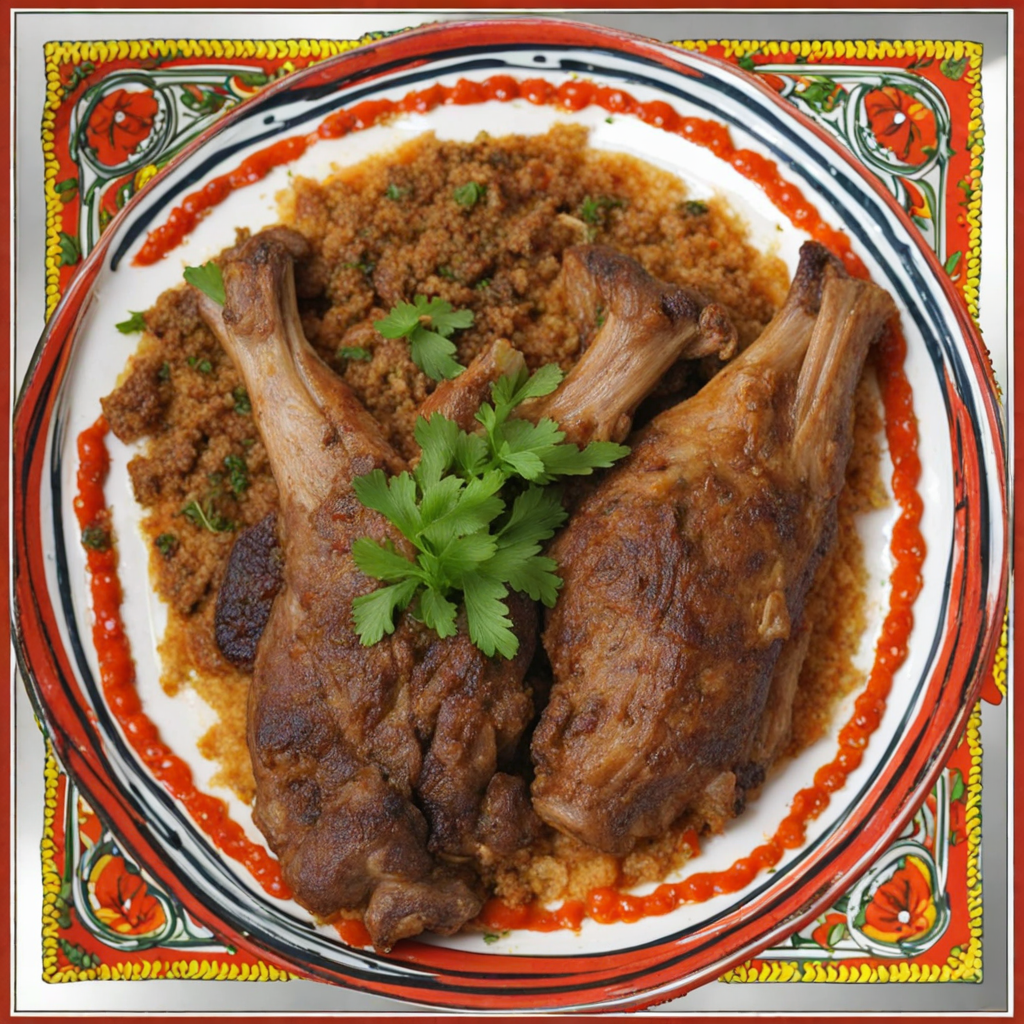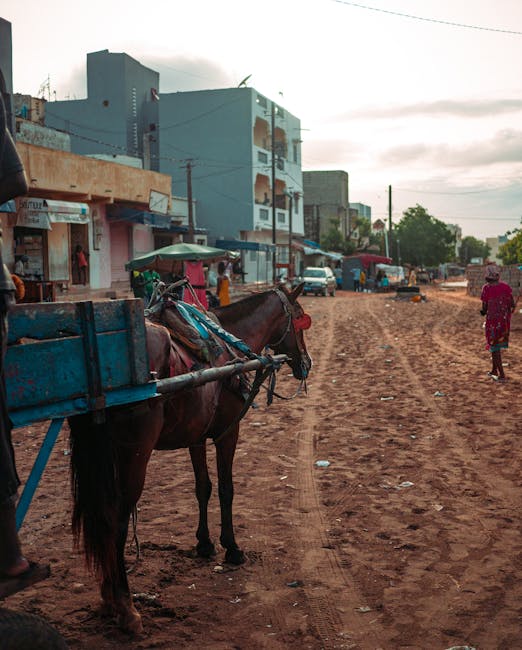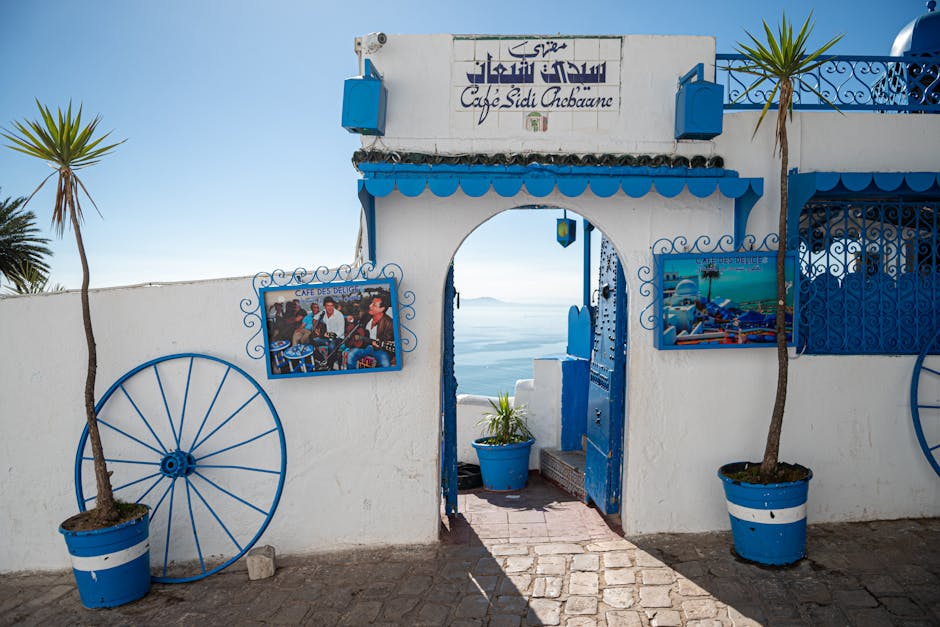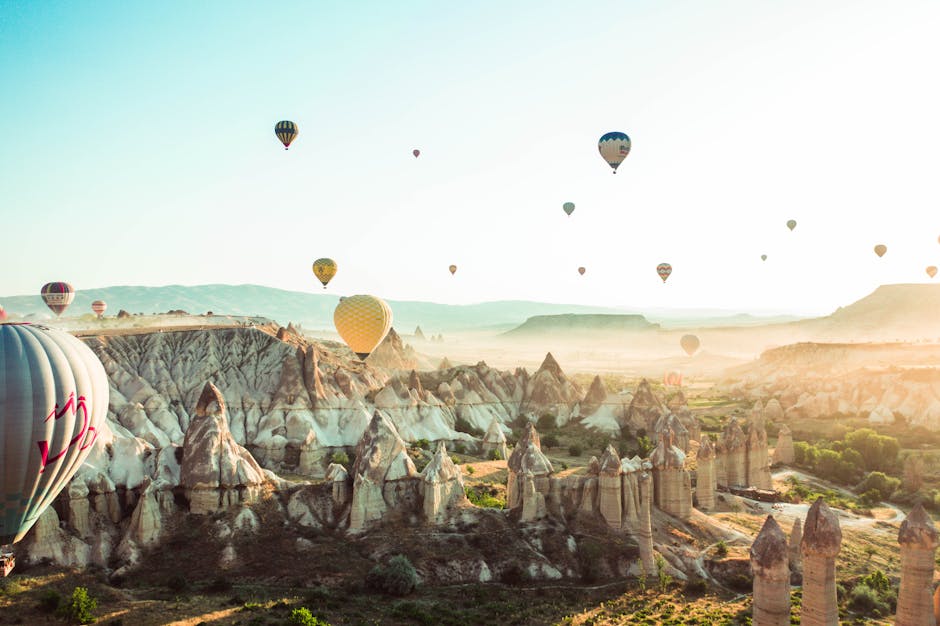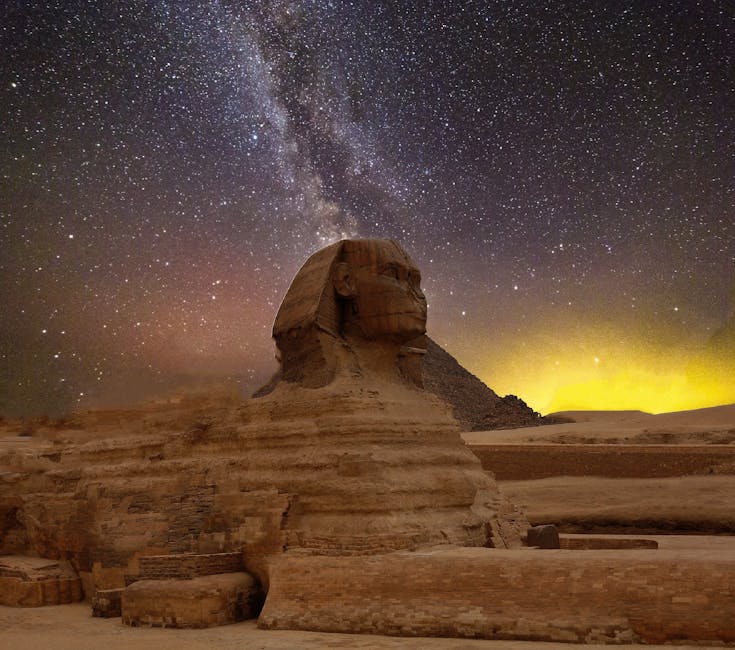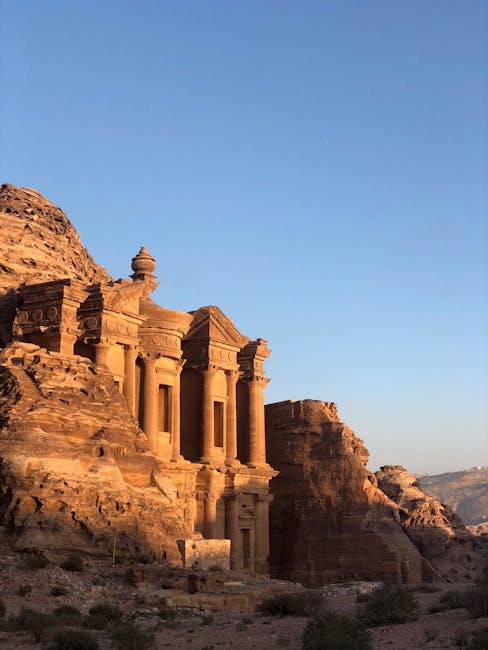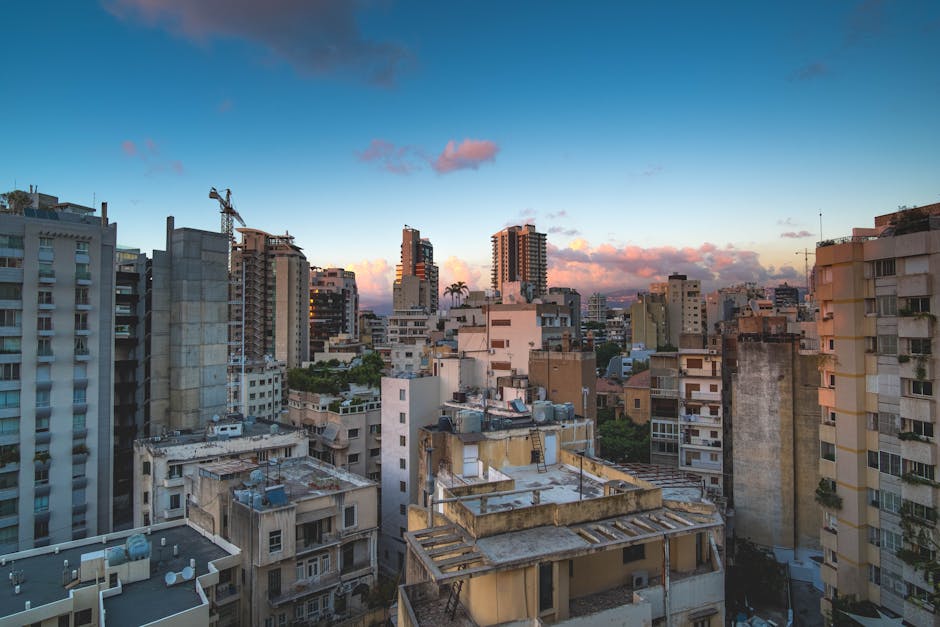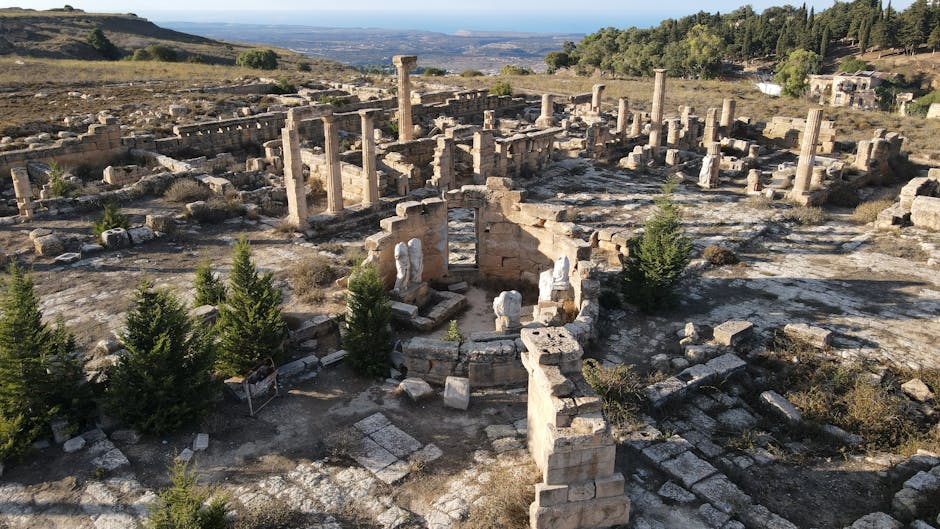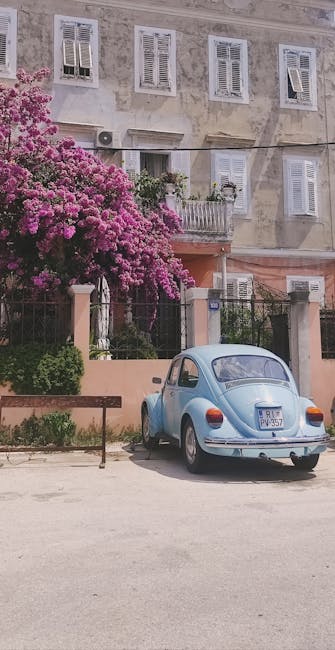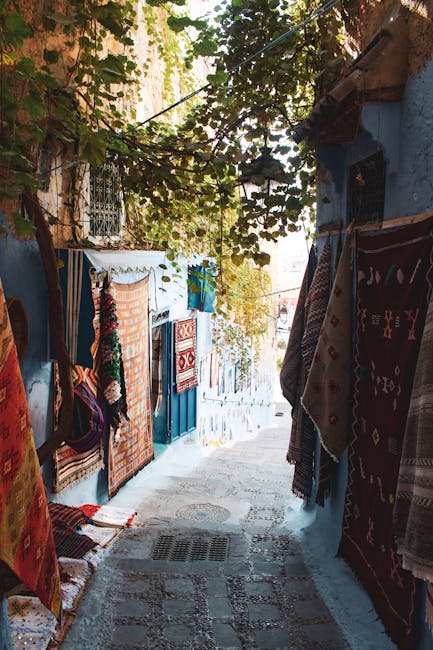Algeria
Overview
Overview:
Algeria, located in North Africa, is a country rich in culture and history that promises a unique and vibrant experience for teenagers. The country is known for its diverse landscapes, from the Sahara Desert and Atlas Mountains to the Mediterranean coastline. Its culture is a blend of Berber, Arab, French, and African influences, manifested in its food, music, language, and traditions. The uniqueness of Algeria lies in its ability to preserve its historical heritage while embracing modernity. Must-visit sites include the ancient Roman ruins at Timgad and Djemila, the bustling capital city of Algiers, and the stunning oasis town of Timimoun.
High Season for Tourism:
The best time to visit Algeria is during the spring season (March to June) and autumn (September to November) when the weather is mild and pleasant. During these periods, the country offers a range of activities to engage in. Adventure-loving teenagers can enjoy trekking in the Atlas Mountains, exploring the vast Sahara Desert, or swimming and sunbathing in the Mediterranean beaches. For those interested in history and culture, visiting museums, historical sites, and participating in local festivals could be exciting. Moreover, trying out traditional Algerian dishes like Couscous and Chakchouka is an absolute must.
Preparation before Visiting:
Preparation is key for a successful trip to Algeria. First, ensure that you have a valid passport and visa, with the latter obtainable from the Algerian embassy in your home country. It's important to respect local customs and dress modestly, especially in religious and rural areas. Learning a few phrases in Arabic or French will be helpful as they are the main languages spoken. It's wise to check travel advisories for the latest information on safety. Make sure to get necessary vaccinations recommended for travel to Algeria. Lastly, pack accordingly for the weather during your visit and don't forget to carry a good sunscreen, especially for desert tours.
A Glimpse into the Past
Algeria, a vast North African country, is rich in history and culture, shaped by various civilizations over millennia. Its geographical diversity, from the Mediterranean coast to the Sahara Desert, has been a canvas for the interaction of different peoples and cultures.
The Phoenicians were among the first to establish trading posts along the coast around 1200 BCE, with Carthage later expanding these settlements. The city of Tipaza, a UNESCO World Heritage site, is one of the best-preserved Roman ruins in Algeria, showcasing the influence of Roman architecture and culture. The Romans ruled the region for several centuries, leaving behind impressive structures like the Roman amphitheater and mausoleum. Visitors can explore the ruins that tell the story of a time when Algeria was part of the great Roman Empire.
As the Roman Empire declined, the Vandal Kingdom briefly took control of the region in the 5th century before the Byzantine Empire reasserted its influence. The arrival of Islam in the 7th century marked a transformative period in Algerian history. The Arab conquest introduced new cultural and religious practices that profoundly shaped the identity of the region. The city of Timgad, another UNESCO site, exemplifies the fusion of Roman and Islamic architecture and is a must-visit for history enthusiasts.
Throughout the Middle Ages, Algeria became a melting pot of cultures, with the establishment of various dynasties, including the Zirids, Hammadids, and the Almoravids. The Kabylians, an indigenous Berber people, played a significant role in maintaining their identity and resisting outside influences. The mountainous region of Kabylie, known for its scenic beauty and traditional Berber culture, offers travelers a glimpse into the lives of these resilient communities.
In the 16th century, Algeria became a base for pirates and corsairs who preyed on European shipping. The city of Algiers emerged as a significant maritime power, with its famous Casbah—a UNESCO World Heritage site—serving as a bustling hub of trade and culture. The Casbah is a labyrinth of narrow streets, vibrant markets, and historic mosques, reflecting the city's rich past and serving as a focal point for visitors interested in the interplay of history and culture.
The 19th century saw the beginning of French colonization, which began in 1830 and lasted until 1962. The French imposed their rule, exploiting Algeria's resources and altering its demographic landscape. The city of Oran, known for its vibrant music scene and beautiful coastal views, is a testament to the French influence, showcasing a mix of architectural styles from colonial times. Visitors can enjoy the lively atmosphere of the city while exploring its history through museums and historical sites.
Algeria's struggle for independence was marked by a brutal war that began in 1954, known as the Algerian War of Independence. The conflict was characterized by guerrilla warfare, significant civilian casualties, and widespread repression by French forces. The National Liberation Front (FLN) became the face of the independence movement, rallying support among the Algerian people. The Martyrs' Memorial in Algiers serves as a poignant reminder of the sacrifices made during this tumultuous period, honoring those who fought for freedom.
Independence was finally achieved in 1962, and Algeria embarked on a journey of nation-building. The new government aimed to establish a socialist state, nationalizing industries and promoting education and health care. However, the post-independence era was not without challenges, including political instability and economic difficulties. The city of Constantine, known for its dramatic cliffs and historical significance, symbolizes Algeria's resilience and adaptability throughout these changes.
Algeria's rich cultural heritage is reflected in its diverse traditions, cuisine, and arts. The Amazigh (Berber) culture remains a cornerstone of national identity, celebrated through festivals and music. The Festival of Amazigh Culture held in Tizi Ouzou is a vibrant event where visitors can experience traditional music, crafts, and gastronomy. Additionally, Algerian cuisine, with its blend of Mediterranean and North African flavors, offers a culinary journey through dishes like couscous, tagines, and mechoui.
Natural wonders abound in Algeria, making it a paradise for outdoor enthusiasts. The Sahara Desert, the largest hot desert in the world, offers breathtaking landscapes and unique experiences. The Hoggar Mountains near Tamanrasset provide stunning vistas and opportunities for trekking and exploring ancient rock art. Travelers can immerse themselves in the rich nomadic culture of the Tuareg people, who have inhabited the desert for centuries.
In addition to its historical and cultural experiences, Algeria boasts beautiful coastal cities. The Mediterranean coastline stretches for over 1,200 kilometers, with cities like Bejaia and Annaba offering stunning beaches and vibrant local life. The historic port of Bejaia, with its picturesque bay and ancient ruins, attracts visitors seeking both relaxation and exploration. The blend of natural beauty and cultural richness makes Algeria's coast a captivating destination.
The contemporary landscape of Algeria continues to evolve, with a youthful population eager to embrace modernity while preserving their rich heritage. The capital city of Algiers exemplifies this duality, where modern skyscrapers coexist with historic architecture. The Algerian Museum of Fine Arts is a highlight for art lovers, showcasing both local and international artists in a beautifully designed space.
For travelers, Algeria presents an off-the-beaten-path experience filled with history, culture, and natural wonders. The warmth of Algerian hospitality, combined with the country's rich tapestry of stories, makes it a unique destination for those seeking to understand the complexities of North African history. Whether exploring ancient ruins, enjoying local cuisine, or trekking through the Sahara, visitors will find that Algeria is a land of contrasts and discoveries, waiting to be explored.
Top cities for tourists in Algeria
Discover the Famous Cities That Might Captivate Your Interests
Must-Try Foods You Can't Afford to Miss
Indulge in a Variety of Fantastic Foods During Your Stay in Algeria
May Be Your Next Destinations
People often choose these countries as their next destination


